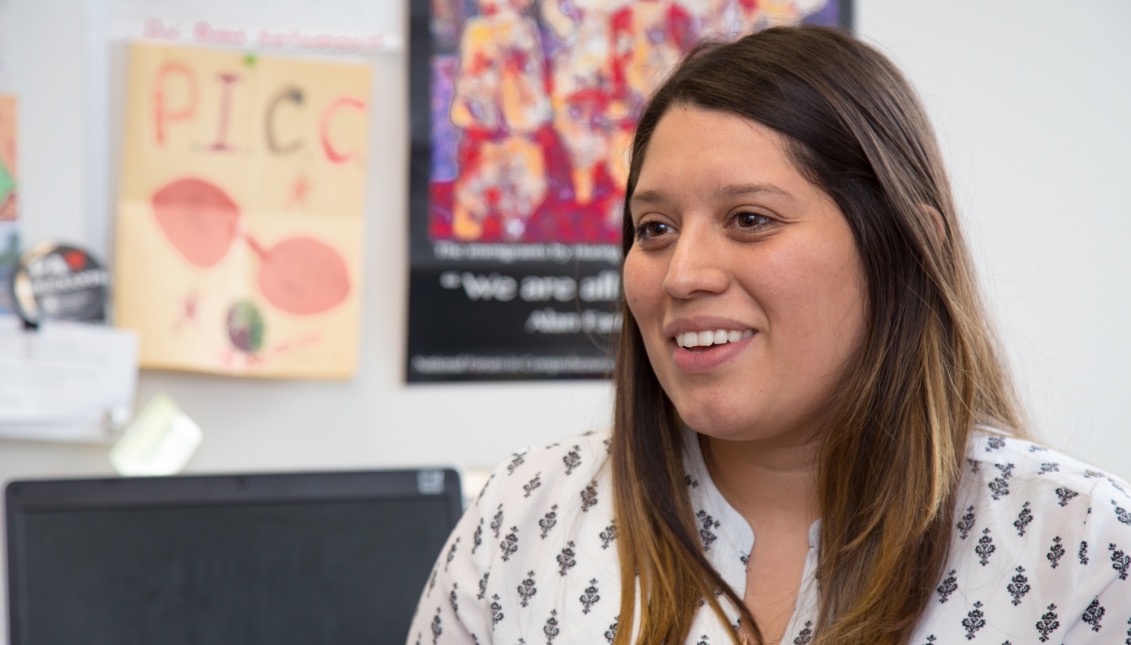
"Human dignity can not depend on a plastic card"
María Sotomayor, is the deputy director of the Pennsylvania Immigration and Citizenship Coalition. She came to the US in 2002, when she was 10. In 2012 became…
According to figures from the Migration Policy Institute, 23,000 dreamers live in Pennsylvania, 40% of them being from Mexico and other Central American countries.
Pennsylvania is one of 20 states in the country that allow dreamers to benefit from the same subsidy programs and special rates to enroll in their state universities (in state tuition fee), unlike Arizona or Virginia, which only grants this assistance to residents with legal citizenship.
Among the dreamers of Pennsylvania is María Sotomayor, deputy director of the Pennsylvania Immigration and Citizenship Coalition (PICC), an organization that promotes the rights of immigrants and refugees in the state.
María Sotomayor came to the US from Ecuador in 2002, four years after her parents did. She was only ten years old. They settled in Delaware County, PA, where Maria and her family lived as undocumented immigrants, a condition that led them to live through unpleasant situations that still remain in their memory. For example, when a public school closed the door in their face for not having papers. "My mother fought, she complained ... and even the school officials threatened to denounce her to immigration authorities," recalls the young Ecuadorian immigrant.
Sotomayor studied at a Catholic high school, and when she finished, she knocked on the doors of several institutions of higher education. She spoke personally with the deans of several faculties, she presented her case, but at the time of being admitted to college she ran into the same problem: her immigration status. Finally, she was accepted at Neumann University, where she graduated with a bachelor’s in Psychology, a profession she has left to dedicate herself to the struggle for the rights of immigrants.

While Maria was still deciding the direction of her uncertain future career, her life took a turn in 2012, when President Barack Obama announced the entry into force of the DACA program.
That same year, María joined the program and today she is part of a group of more than 750,000 dreamers, as are known the beneficiaries of this program, who reside and work in the USA.
As a director of the Pennsylvania Immigration & Citizenship Coalition (PICC), she leads a number of support campaigns to improve the rights of immigrants at the state and federal levels, including dreamers. DACA beneficiaries must renew their permit every two years and still have no open road to citizenship.
On the other hand, the harsh policy against irregular immigration initiated by the Trump administration has triggered the fear of deportations in this community.
Recent cases of arrests and blockades in the DACA permit renewal process suggest that immigration authorities (ICE) are staring at a basic condition for the renewal of DACA protection: not to commit any crime. Several arrests were based on misdemeanors committed by the dreamers, from traffic tickets or improper parking.
RELATED CONTENT
Sotomayor married in January and managed to normalize her residence in the USA. She knows she is lucky, but says that having a Green Card does not mean that she will stop working for the rights of immigrants. Uncertainty continues. "I still do not know what will happen to my parents and my sister," she explains, before answering this brief questionnaire for AL DÍA:
I was shocked when I learned about DACA, I didn't think that I was ever going to be able to work in the field of my choice, have a PA drivers license and be able to live without fearing being picked up by ICE, most importantly, I didn't think I was ever going to be able to travel back to my home country to work and see family. It is a privilege to be able to qualify for DACA, because there are many people that just like me have those dreams but because DACA is very limiting and specific to a group of immigrants it leaves a lot of people out of the program. I have a lot of privilege being a DACA recipient.
I think that all that qualify for DACA should continue renewing their permits without fear, same for those that qualify and want to apply for the first time. After all having DACA helps you be protected from deportation and grants you a work permit which can be very helpful for many people and help them move into jobs or internships that they really want to be doing. I think that people should be careful and don't take having DACA for granted, even if you are protected, it only means you are temporally protected from deportation and have a temporary work permit. DACA has no pathway to citizenship and it can be taken away at anytime. Regardless, I will suggest that people who are DACA recipients take full advantage of having DACA and follow their goals and dreams but never forget to keep on fighting for those that didn't get this opportunity and support one another in the process.
DACA recipients in PA are able to get driver licenses and state ID's, unlike a few states that deny DACA recipients, we are able to go to college without having to worry of being denied due our status but still have to deal with admissions process and constantly being charged double or triple college tuition due to lack of tuition equity across the state. We can go to the doctor's but can't have private insurance unless it comes from your employer, we also never qualified for Affordable Care Act (ACA) or whatever is left of the ACA.
It is still important that all immigrants including DACA recipients and their families are educated on their rights with immigration (ICE), have deportation defense and plans packages for each member of the family that is undocumented or no yet a citizen, have a Know Your Rights card and attend a community event to learn more about their rights. Know Your Rights information and cards can be downloaded from PICC's website.
PICC has been supporting DACA eligible youth and families with education and legal partner events to help DACA recipients apply for DACA since 2012. PICC continues to do this by partnering with local organizations and legal service providers across Pennsylvania. Please check out PICC's calendar at www.paimmigrant.org for upcoming events.
PICC has also advocated for DACA recipients when we saw DACA delays taking place across the country, making many of our youth at risk of losing their jobs or taking administrative leave due to USCIS renewal delays. PICC created letters of support for employers to reach out to our State Senators to support our youth. If anyone if experiencing DACA renewal delays we will be happy to provide assistance and materials to help you advocate.
PICC continues working to for the immigrant, refugee and new American community day after day, calling for better treatment and opportunities for our communities.



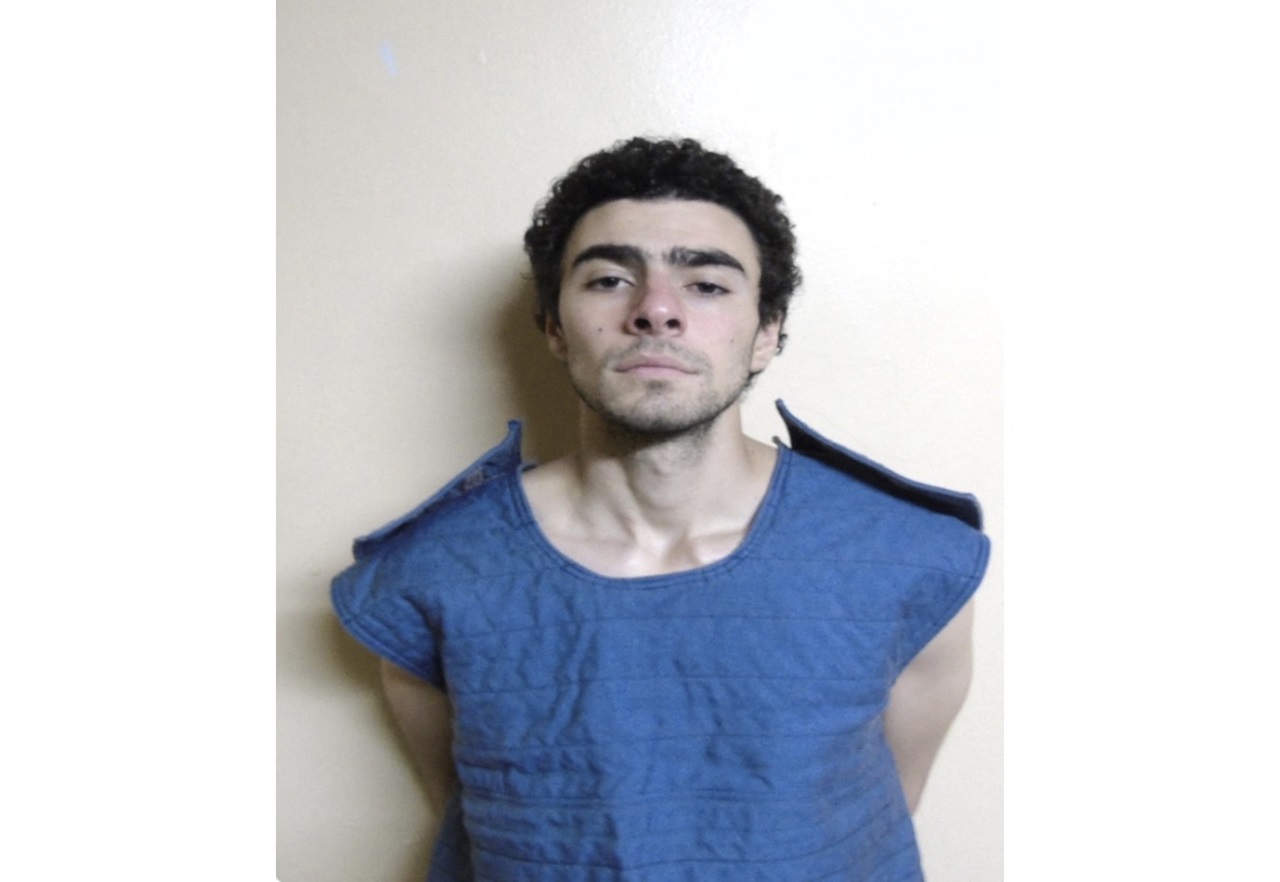
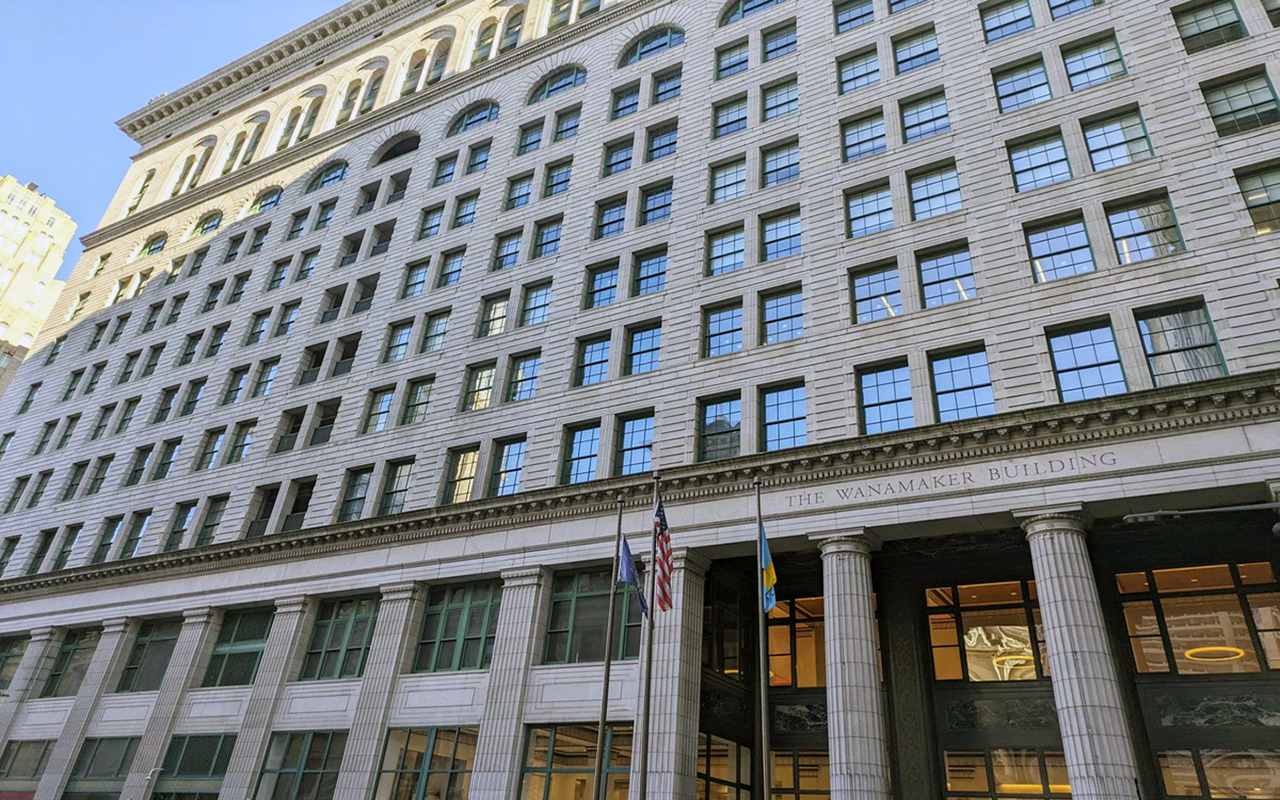

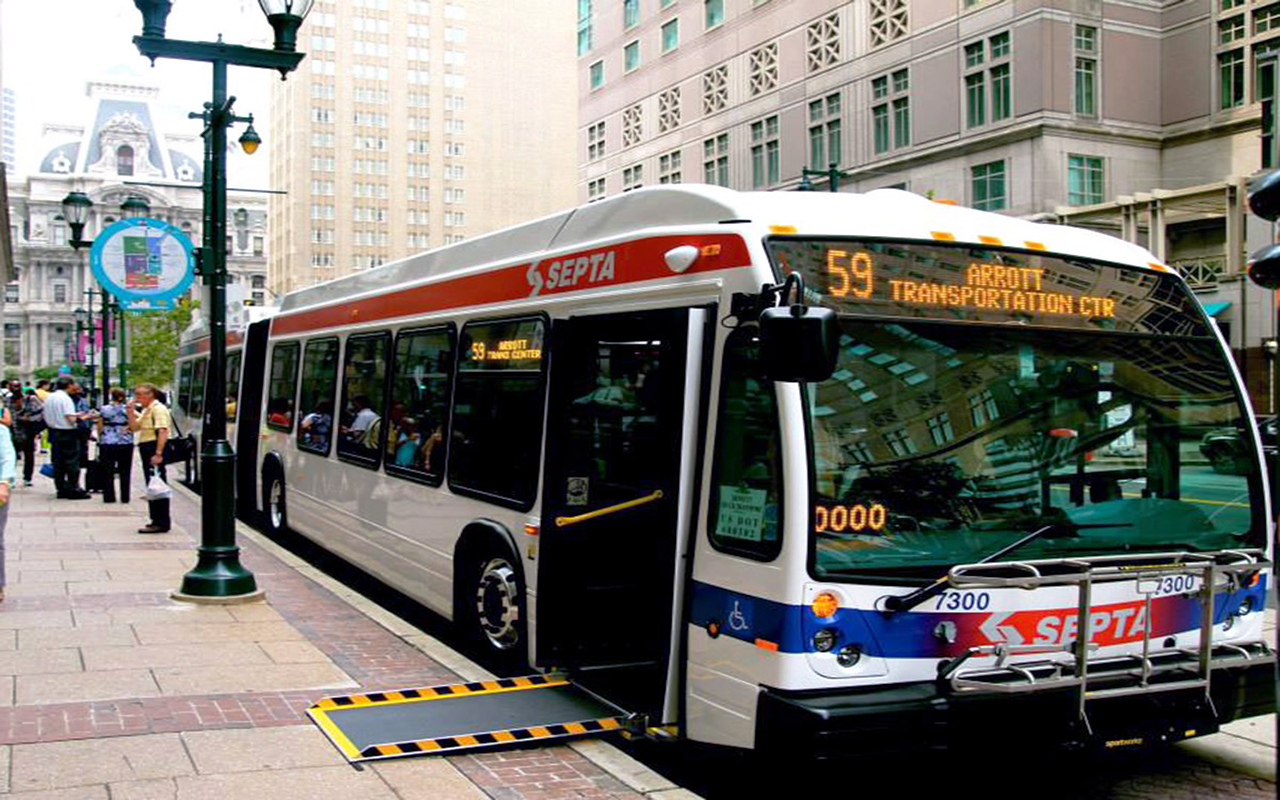
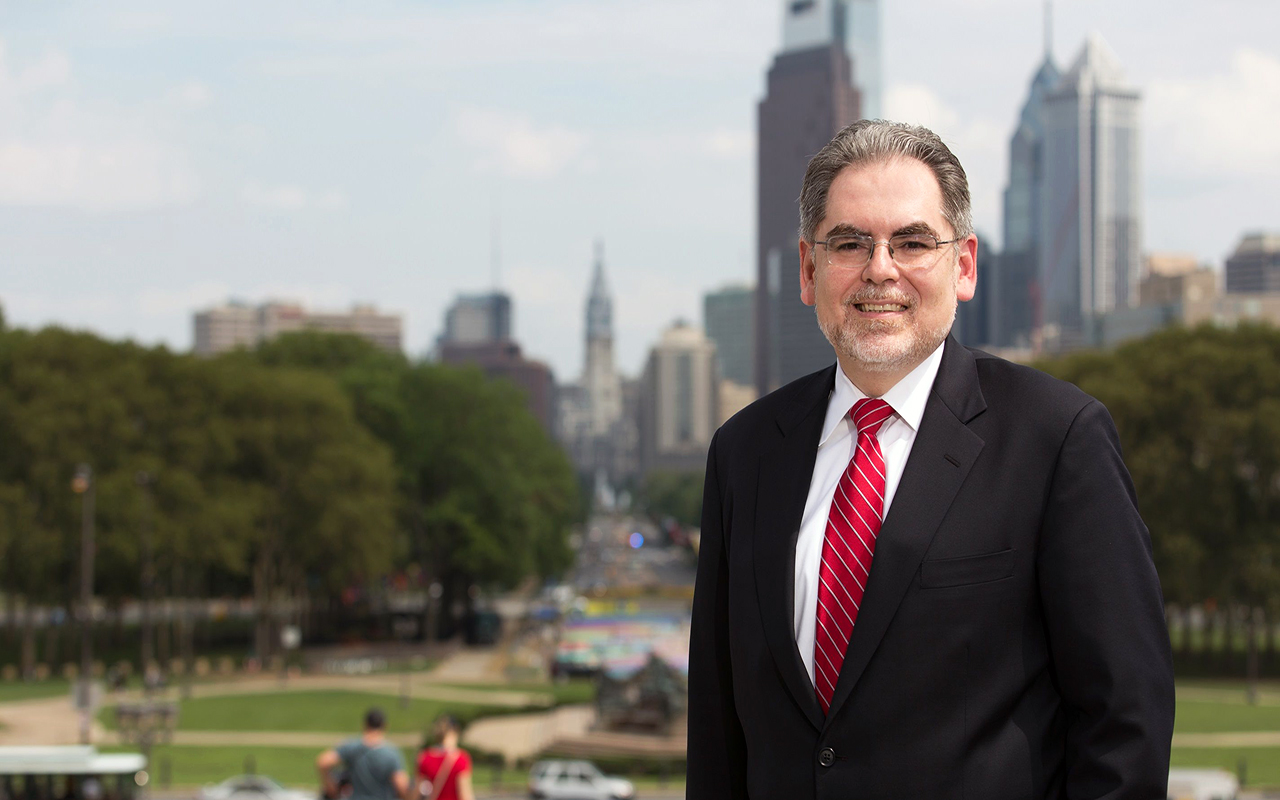

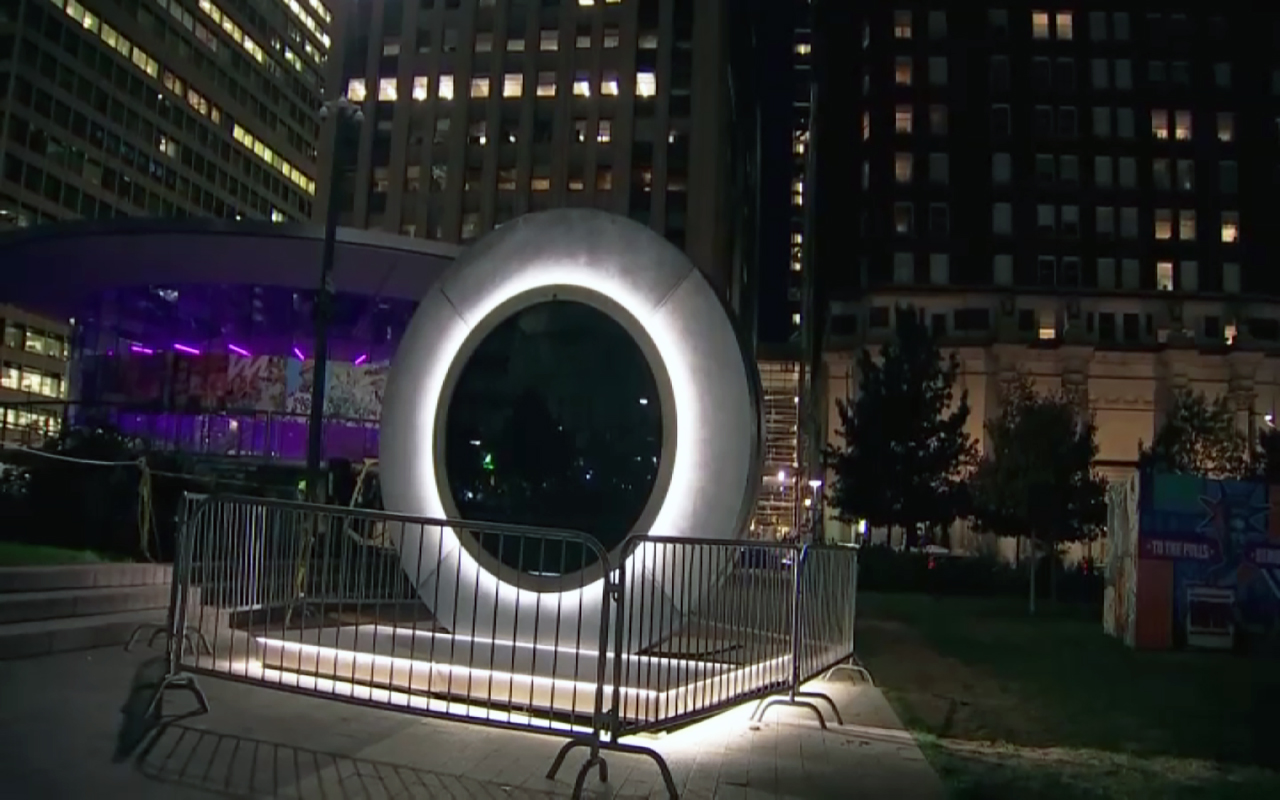

LEAVE A COMMENT:
Join the discussion! Leave a comment.